Vengeful killer whales teaching young to attack boats in Gibraltar
An orca named White Gladis is thought to be using social learning to instigate physical contact with boats
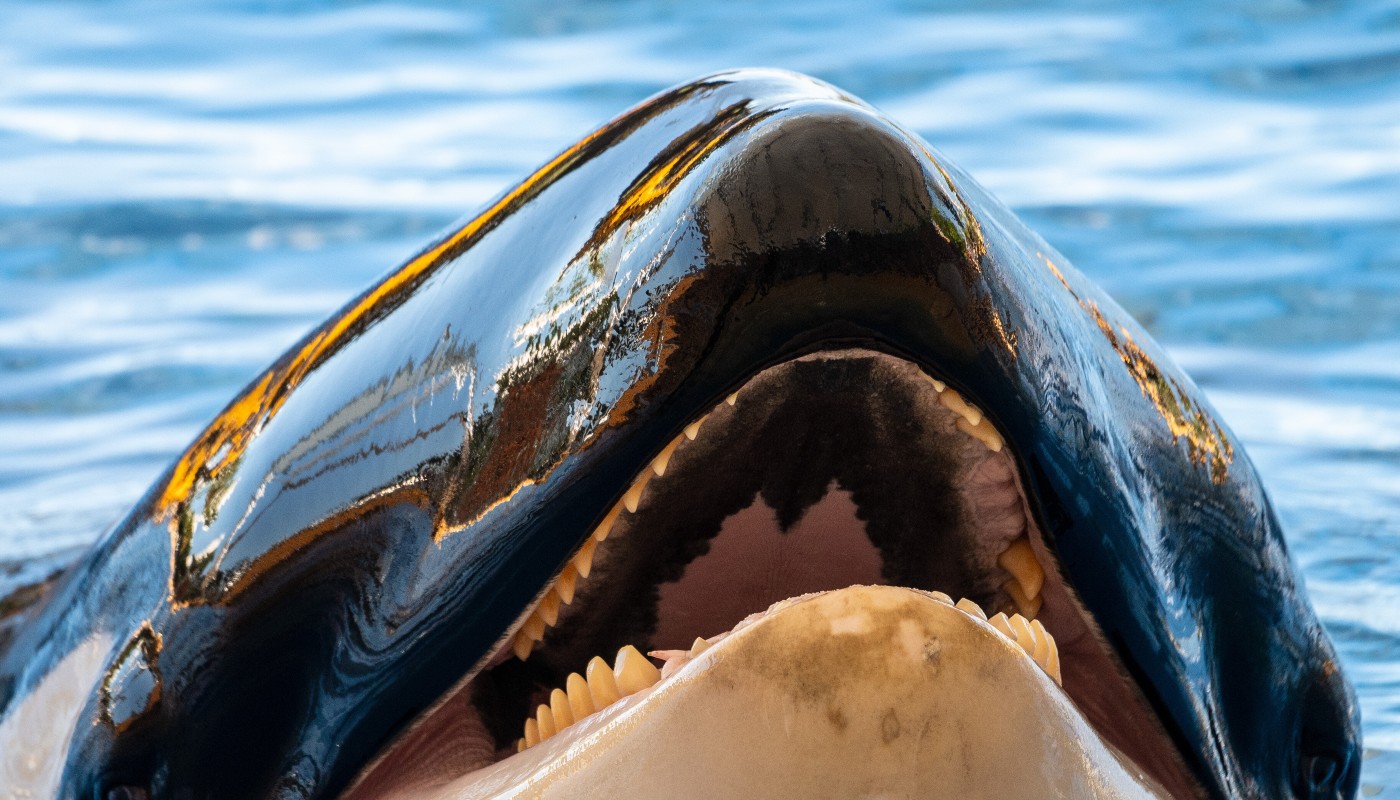
A free daily email with the biggest news stories of the day – and the best features from TheWeek.com
You are now subscribed
Your newsletter sign-up was successful
Gangs of orcas are seemingly being taught to attack yachts off the coast of Gibraltar, and scientists believe one killer whale is leading the efforts to strike boats.
While The Telegraph suggests the story “may read like something out of Moby Dick” the consequences are far more serious than fiction for those who are sailing in the area.
The newspaper cited an incident on 2 May involving six of the marine mammals having “slammed” into the hull of a yacht near Tangier in Morocco in an “hour-long attack”.
The Week
Escape your echo chamber. Get the facts behind the news, plus analysis from multiple perspectives.

Sign up for The Week's Free Newsletters
From our morning news briefing to a weekly Good News Newsletter, get the best of The Week delivered directly to your inbox.
From our morning news briefing to a weekly Good News Newsletter, get the best of The Week delivered directly to your inbox.
Janet Morris, 58, was left awe-struck by the encounter, as she told The Telegraph she and her partner were left as “sitting ducks” while the attack occurred.
Experts believe the ringleader of the vengeful operation is one female orca, nicknamed White Gladis. Futurism described the killer whale as a “chaotic legend”, but warned if the situation escalates it could prove “dangerous for sailors and orcas” alike.
Other scientists appear to concur, reported Live Science, with some suggesting this behaviour has been spreading through the orca population using “social learning”.
Experts suspect White Gladis suffered a “critical moment of agony” as a direct result of a distressing event such as a collision with a boat or being caught up in illegal fishing activities.
A free daily email with the biggest news stories of the day – and the best features from TheWeek.com
Consequently, biologist Alfredo Lopez Fernandez explained to the website: “That traumatised orca is the one that started this behaviour of physical contact with the boat.”
The true motivations for the violent tendencies of the orcas remain unclear, according to Luke Rendell at the University of St. Andrews.
He told the The Conversation there is a “puzzle” yet to be solved by biologists to determine how this behaviour first came about, as there are “multiple accounts of single and groups of orcas developing idiosyncratic and not obviously adaptive habits”.
Rebekah Evans joined The Week as newsletter editor in 2023 and has written on subjects ranging from Ukraine and Afghanistan to fast fashion and "brotox". She started her career at Reach plc, where she cut her teeth on news, before pivoting into personal finance at the height of the pandemic and cost-of-living crisis. Social affairs is another of her passions, and she has interviewed people from across the world and from all walks of life. Rebekah completed an NCTJ with the Press Association and has written for publications including The Guardian, The Week magazine, the Press Association and local newspapers.
-
 The Week contest: AI bellyaching
The Week contest: AI bellyachingPuzzles and Quizzes
-
 Political cartoons for February 18
Political cartoons for February 18Cartoons Wednesday’s political cartoons include the DOW, human replacement, and more
-
 The best music tours to book in 2026
The best music tours to book in 2026The Week Recommends Must-see live shows to catch this year from Lily Allen to Florence + The Machine
-
 Climate change could lead to a reptile ‘sexpocalypse’
Climate change could lead to a reptile ‘sexpocalypse’Under the radar The gender gap has hit the animal kingdom
-
 How drones detected a deadly threat to Arctic whales
How drones detected a deadly threat to Arctic whalesUnder the radar Monitoring the sea in the air
-
 ‘Jumping genes’: how polar bears are rewiring their DNA to survive the warming Arctic
‘Jumping genes’: how polar bears are rewiring their DNA to survive the warming ArcticUnder the radar The species is adapting to warmer temperatures
-
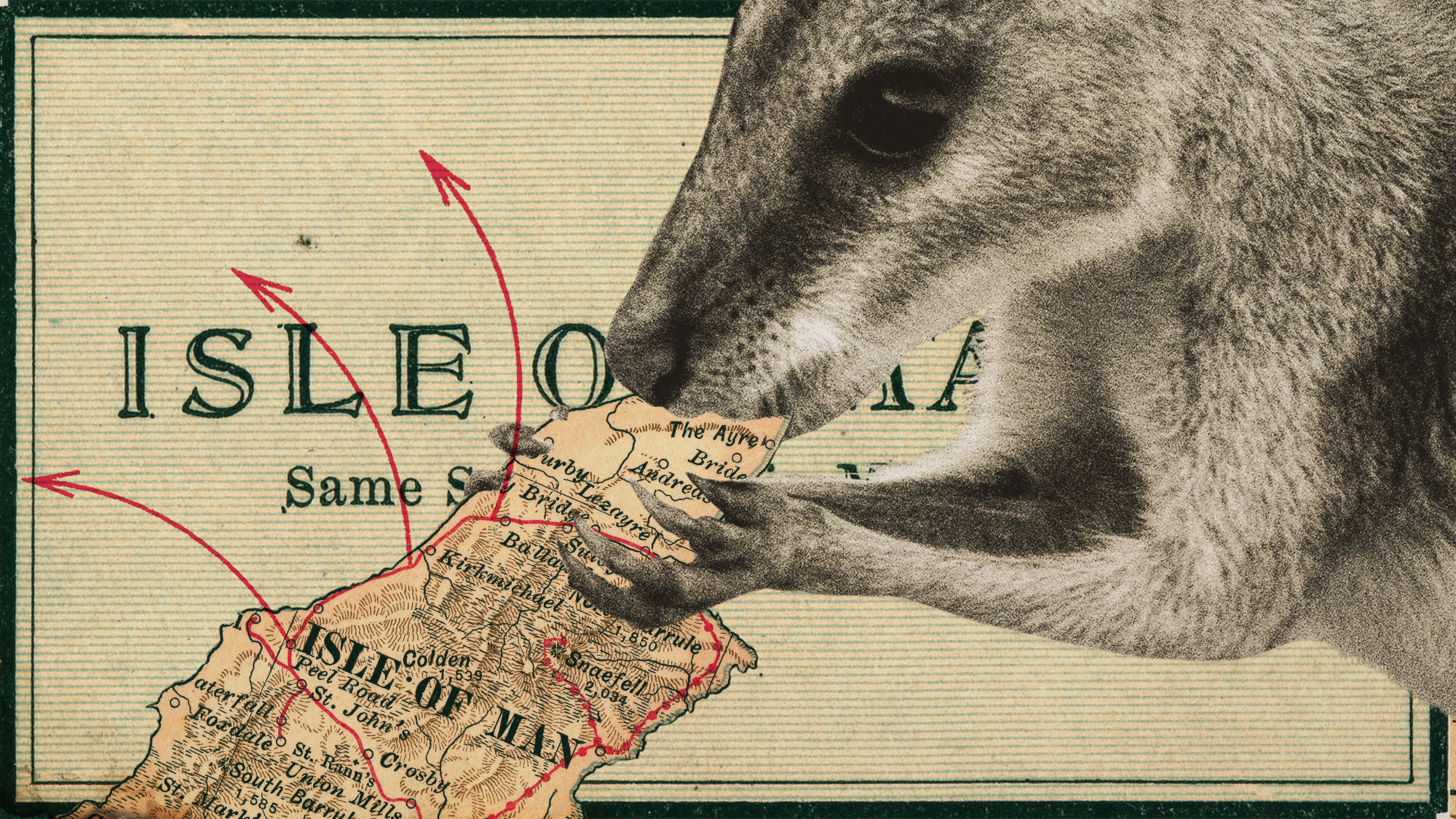 The UK’s surprising ‘wallaby boom’
The UK’s surprising ‘wallaby boom’Under the Radar The Australian marsupial has ‘colonised’ the Isle of Man and is now making regular appearances on the UK mainland
-
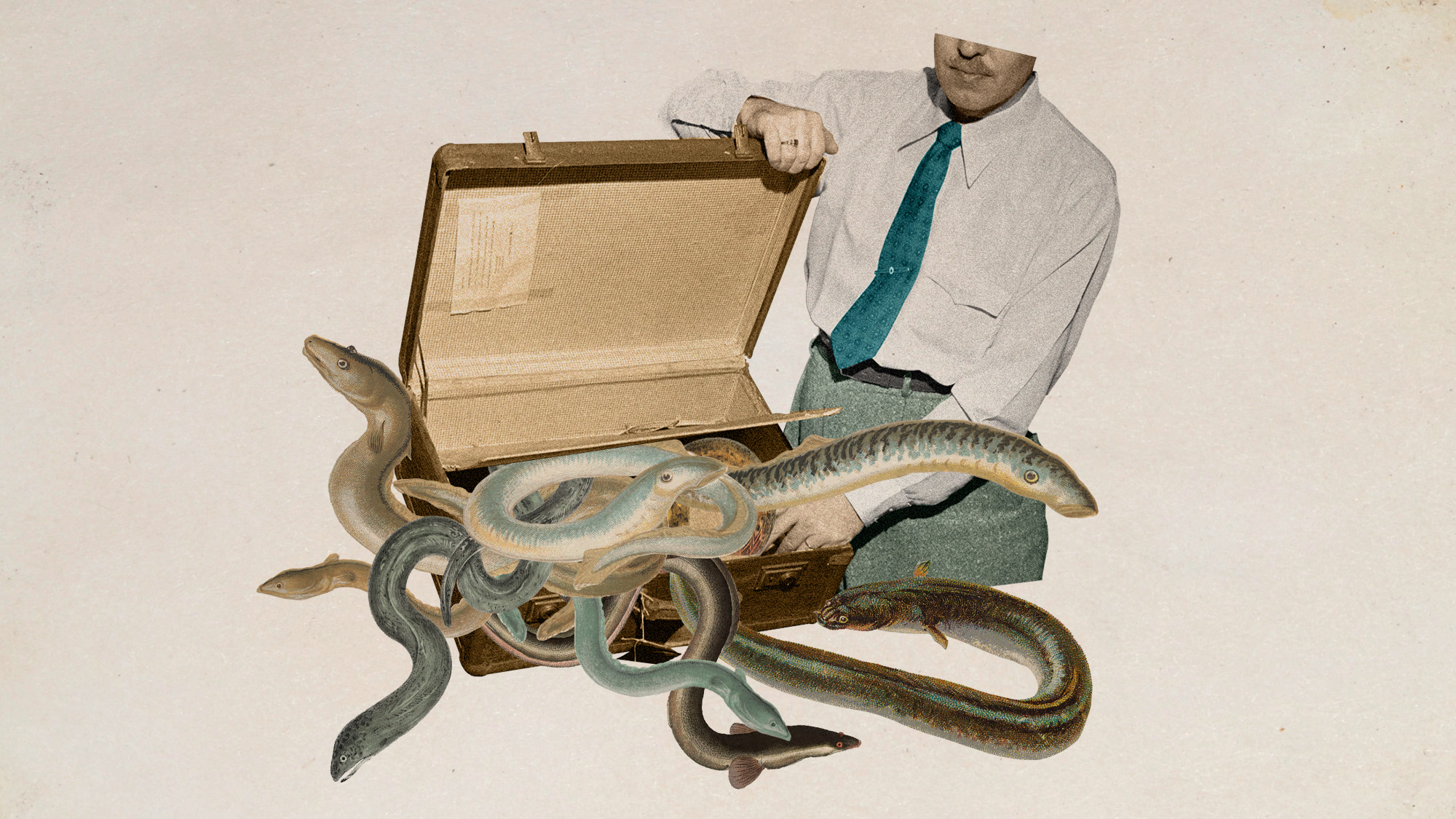 Eel-egal trade: the world’s most lucrative wildlife crime?
Eel-egal trade: the world’s most lucrative wildlife crime?Under the Radar Trafficking of juvenile ‘glass’ eels from Europe to Asia generates up to €3bn a year but the species is on the brink of extinction
-
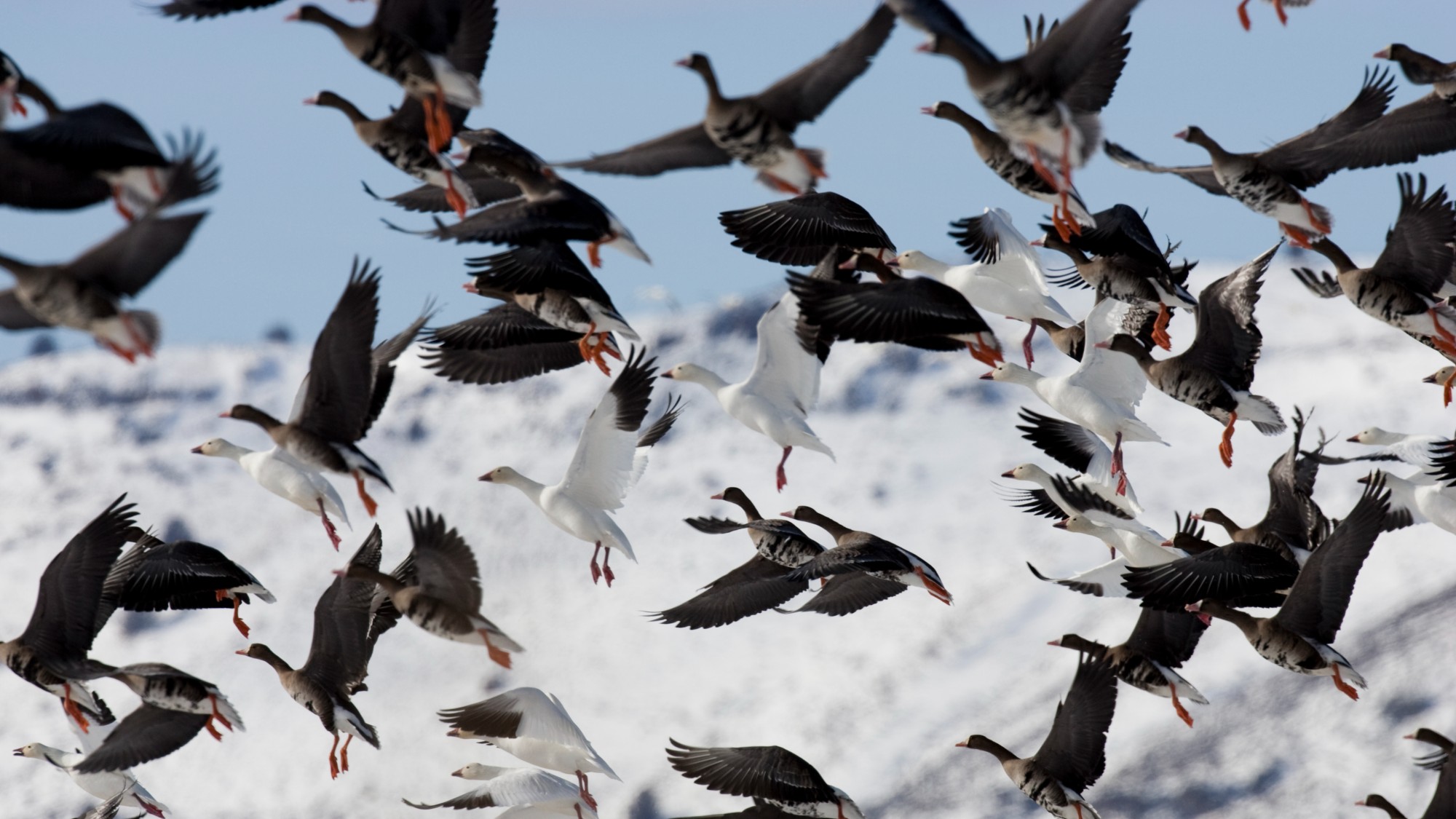 Icarus programme – the ‘internet of animals’
Icarus programme – the ‘internet of animals’The Explainer Researchers aim to monitor 100,000 animals worldwide with GPS trackers, using data to understand climate change and help predict disasters and pandemics
-
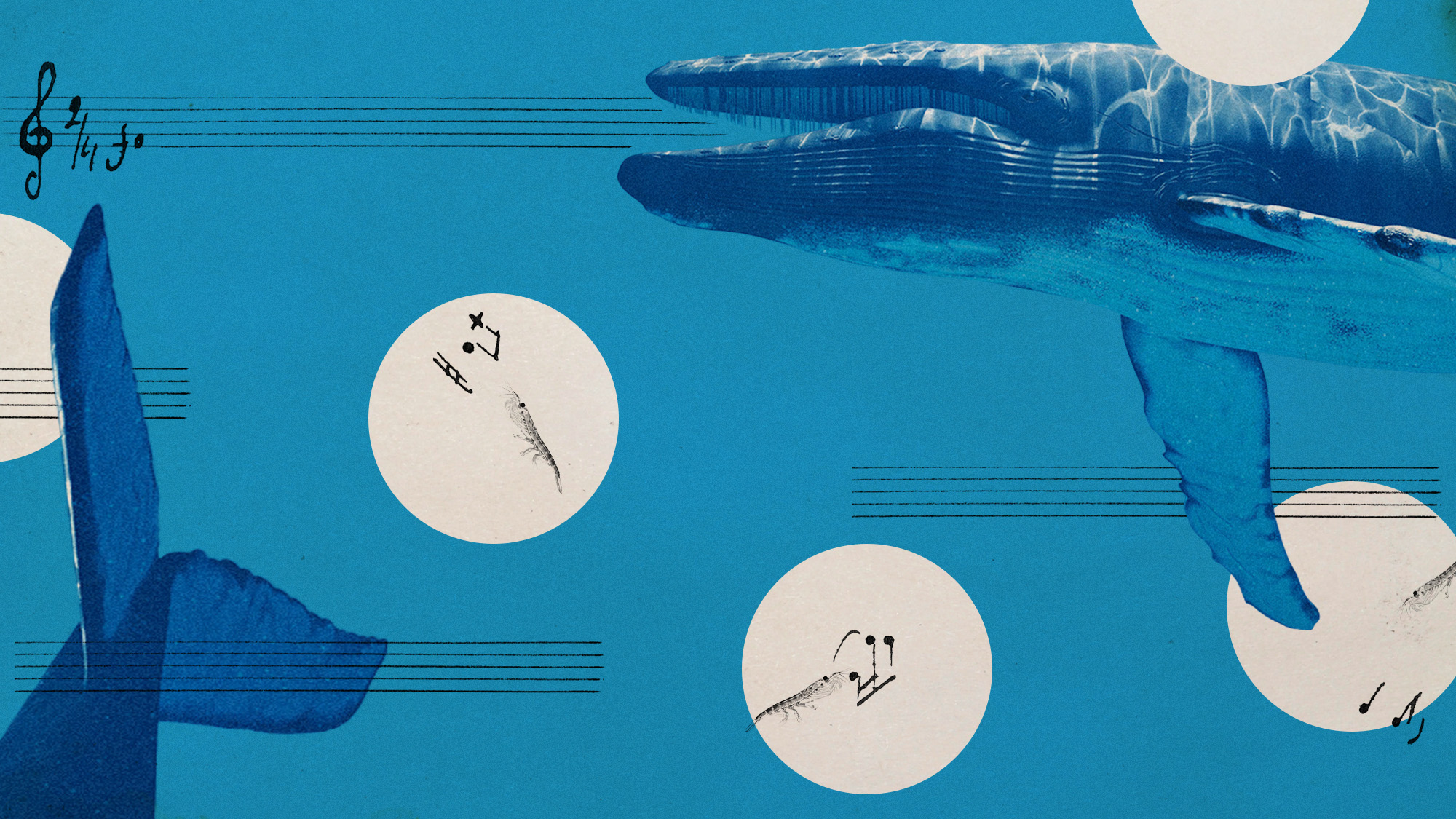 Blue whales have gone silent and it's posing troubling questions
Blue whales have gone silent and it's posing troubling questionsUnder the radar Warming oceans are the answer
-
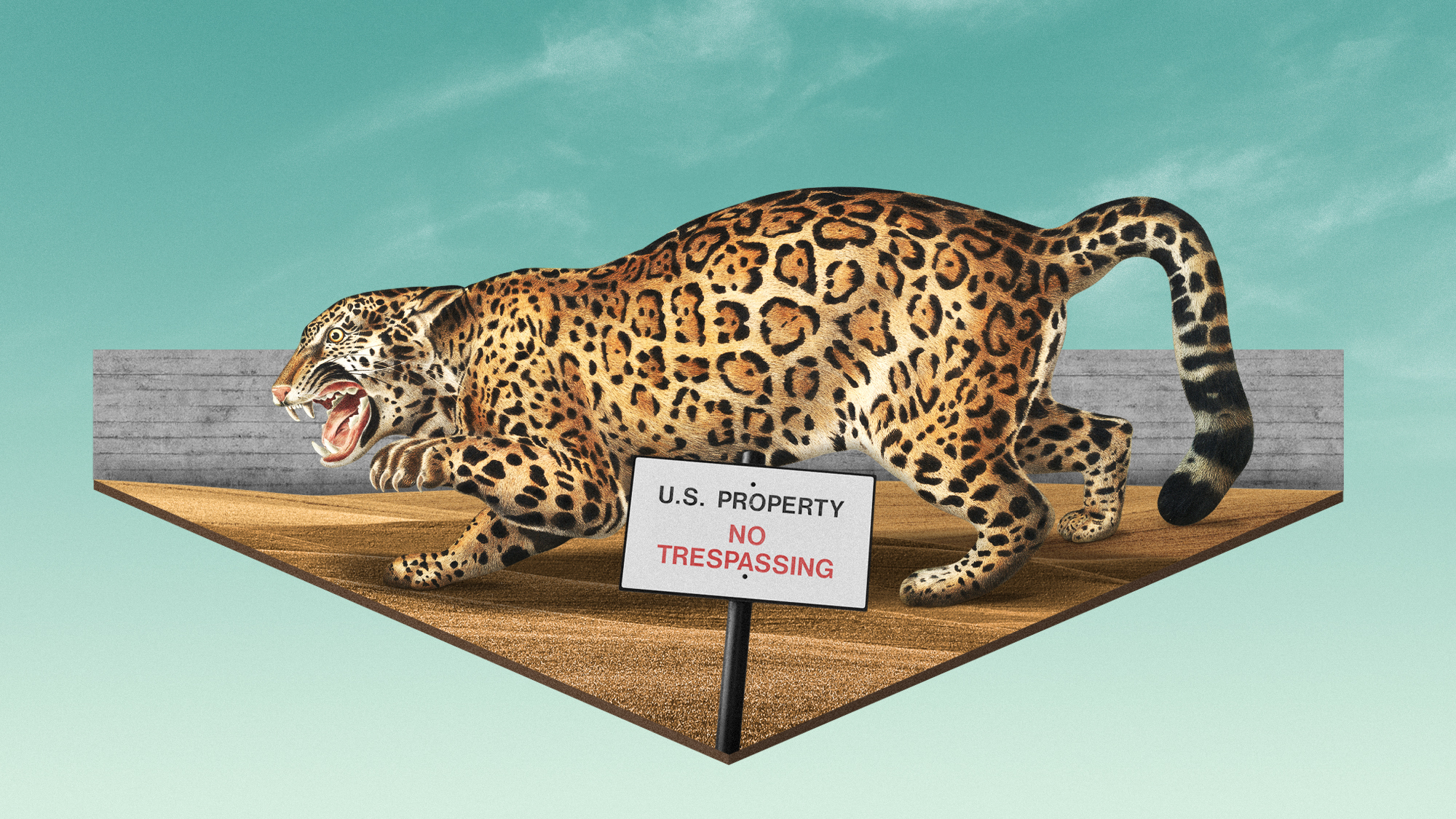 The revived plan for Trump's border wall could cause problems for wildlife
The revived plan for Trump's border wall could cause problems for wildlifeThe Explainer The proposed section of wall would be in a remote stretch of Arizona